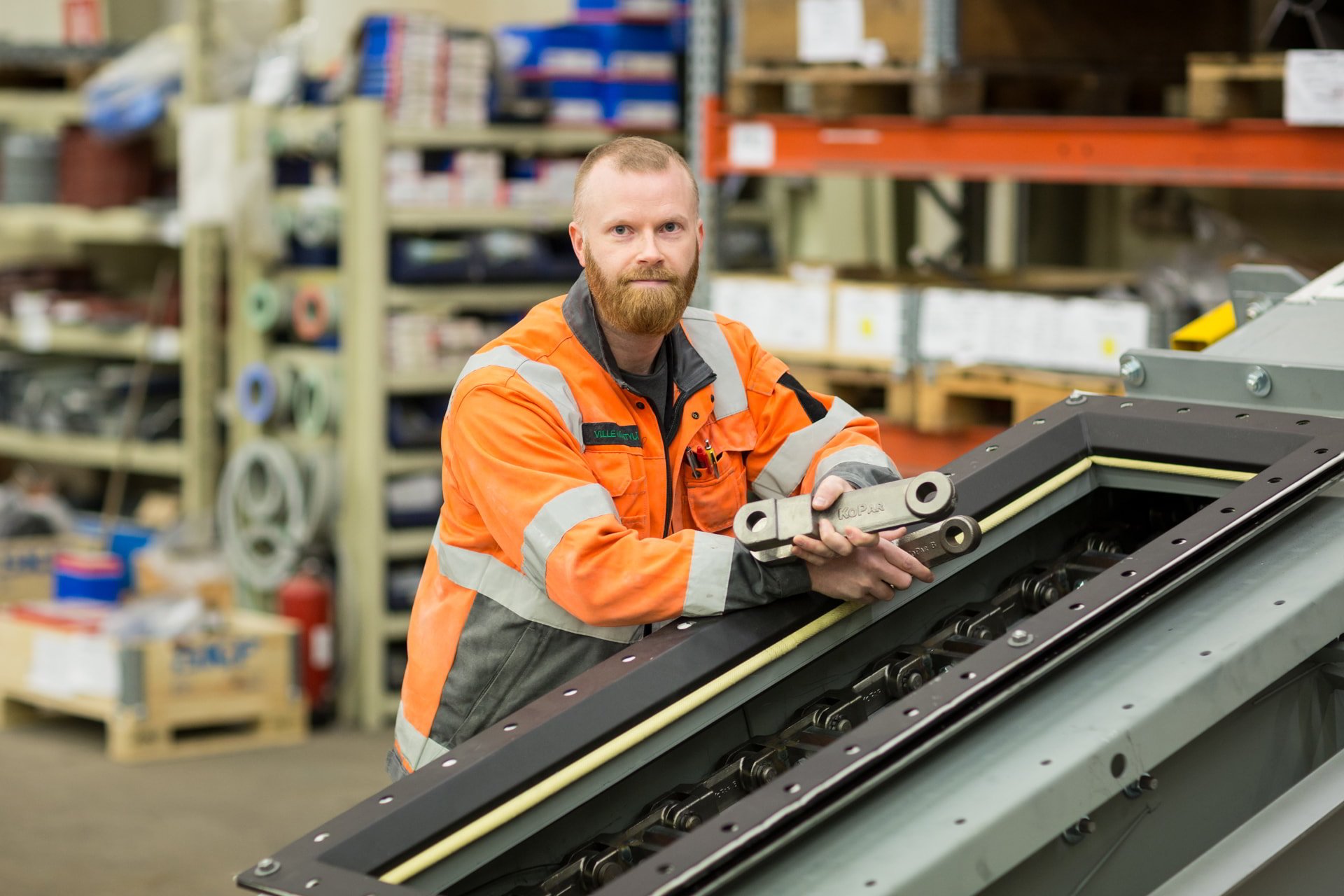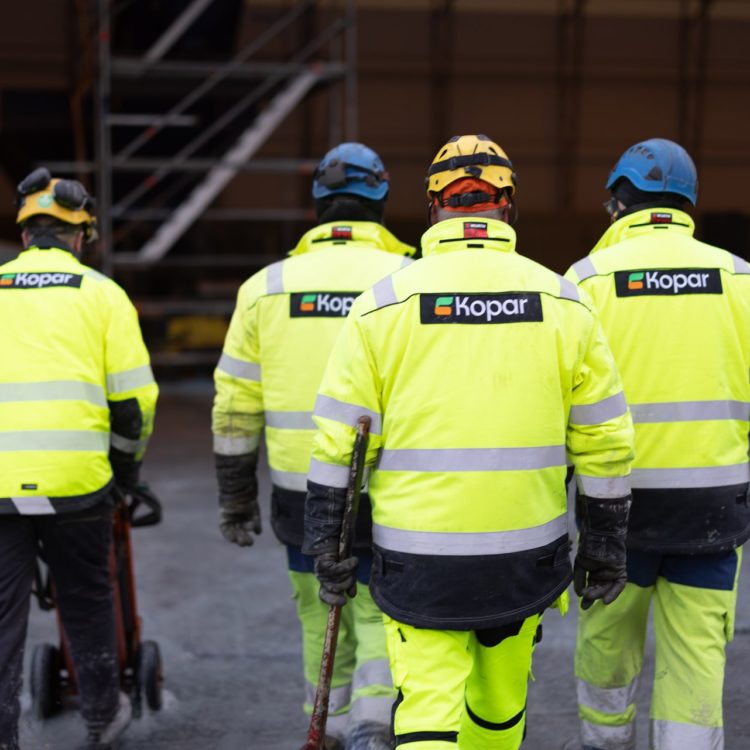In the smelting industry, recovering waste heat through specialized boilers plays a crucial role in enhancing energy efficiency and reducing operational costs. These systems capture the heat from exhaust gases, generated as a byproduct of smelting, and convert it into usable steam or hot water. By integrating waste heat boilers, companies like Kopar help ensure that industrial processes are more sustainable and cost-effective.
What is a waste heat boiler and how does it work?
A waste heat boiler is an innovative system designed to harness heat that is typically considered a byproduct of industrial operations, such as smelting. By capturing the heat from exhaust gases, these boilers transform it into steam or hot water, which can then be reused within the plant. This process significantly boosts energy efficiency and reduces operational costs, making it a pivotal component in modern industrial setups.
The mechanism of a waste heat boiler involves channeling exhaust gases through tubes surrounded by water. As the gases pass through, they transfer their heat to the water, generating steam. This steam can be utilized for a variety of purposes, including electricity generation or as process heat, thereby reducing the need for additional energy sources.
How is energy recovered in the smelting process?
Energy recovery during smelting is achieved by capturing and repurposing the heat lost in the process. Waste heat boilers are integral to this process, as they convert the otherwise lost energy into steam or electricity. This not only enhances the plant's overall efficiency but also reduces the environmental footprint.
In smelting, high-temperature off-gases are produced, which are rich in energy. Waste heat boilers capture this energy, which can then be used to power various plant operations. This conversion process not only optimizes the energy usage within the facility but also supports sustainable industrial practices.
Why is energy recovery important in industrial processes?
Energy recovery is vital in industrial processes for several reasons. It enhances energy efficiency, significantly lowers fuel costs, and reduces greenhouse gas emissions. Furthermore, it contributes to sustainable operations and assists industries in meeting stringent regulatory standards.
By recovering energy, industries can minimise their reliance on external energy sources, thereby cutting costs and reducing their carbon footprint. Additionally, energy recovery systems, such as waste heat boilers, can improve plant reliability and longevity by optimizing energy flow throughout the facility.
What are the benefits of using waste heat boilers in smelting?
Incorporating waste heat boilers in smelting processes offers numerous benefits, including improved energy efficiency, reduced operational costs, and a decreased environmental impact. These systems enable the reuse of energy that would otherwise be wasted, contributing to a more sustainable industrial process.
Furthermore, waste heat boilers can improve the overall plant efficiency by providing a steady source of steam or electricity, reducing the need for additional energy inputs. This not only cuts costs but also supports the industry's shift towards more environmentally-friendly practices.
How does Kopar specialise in waste heat boiler technology?
Kopar specializes in designing and implementing advanced waste heat boiler systems tailored for industrial applications. Our focus is on innovative solutions that maximize energy recovery and improve efficiency, providing customized systems that meet specific industry needs.
With a commitment to sustainability and efficiency, we leverage our expertise to deliver high-quality solutions that enhance operational performance and reduce ecological impact. By integrating cutting-edge technologies, Kopar ensures that our clients benefit from the latest advancements in waste heat recovery.
The Future of Waste Heat Recovery in Smelting
The adoption of waste heat boilers in smelting processes marks a significant step towards sustainability and efficiency. Key takeaways include the ability to reduce operational costs, minimize environmental impact, and enhance energy utilization. As industries continue to prioritise green practices, waste heat recovery will play an increasingly crucial role in achieving these goals.
Looking ahead, the potential for innovation in waste heat recovery technologies promises even greater efficiencies and environmental benefits. For industries seeking to optimize their operations, exploring advanced energy recovery systems will be essential. As the landscape of industrial processes evolves, entities like Kopar will continue to lead the way in sustainable energy solutions.

You have a challenge that needs solving?
Let us help! Contact us for more information about our products and services.
